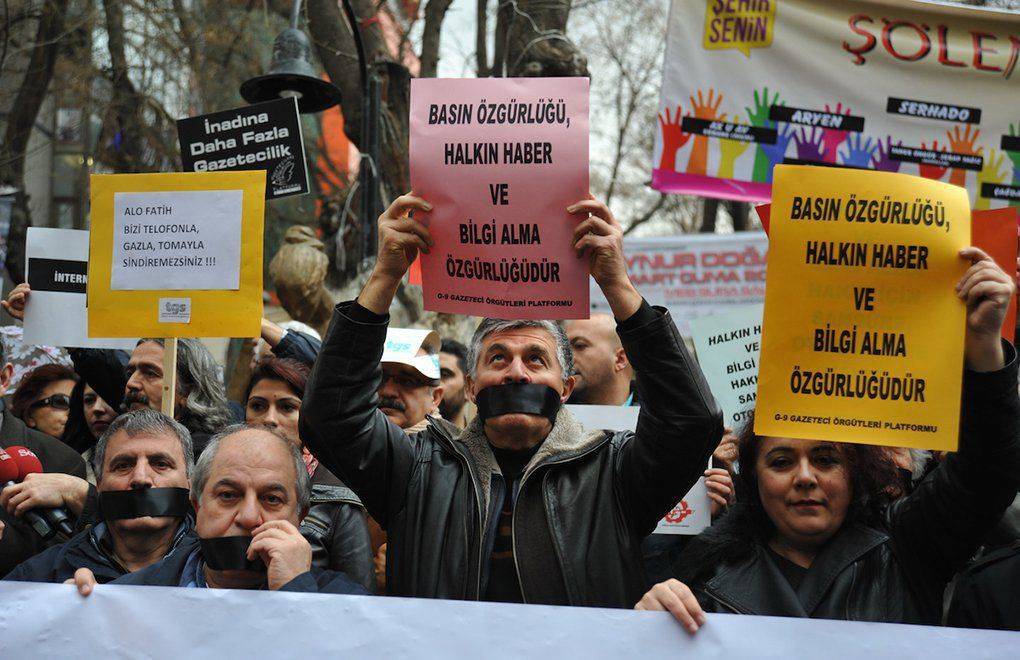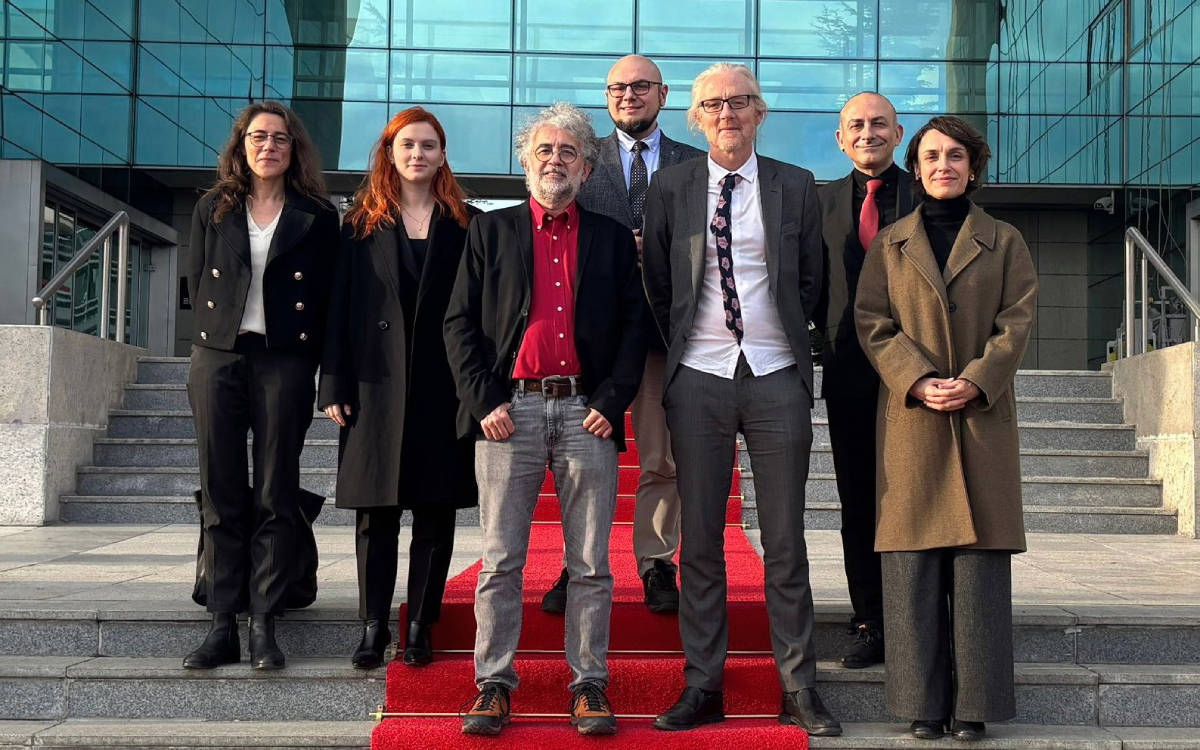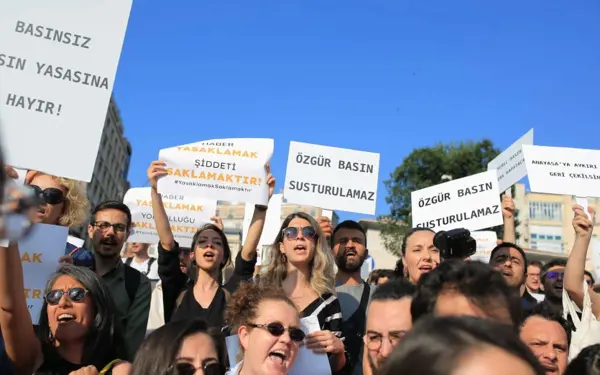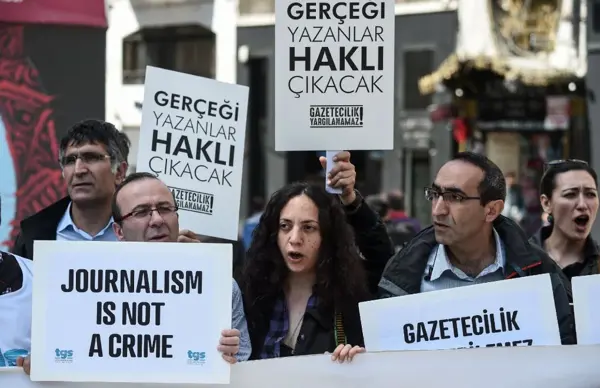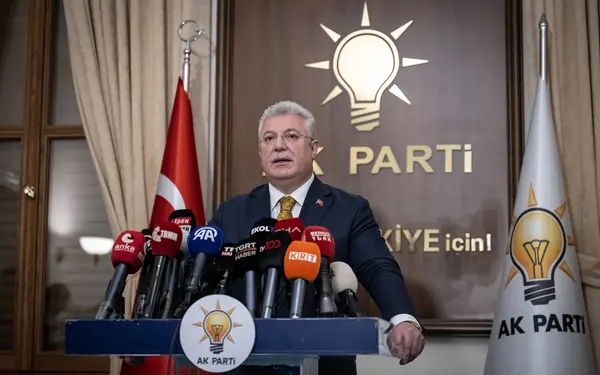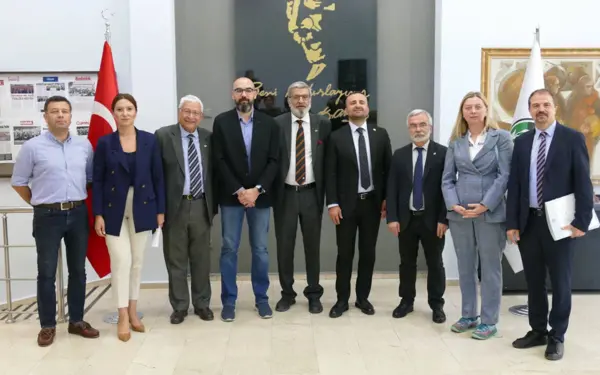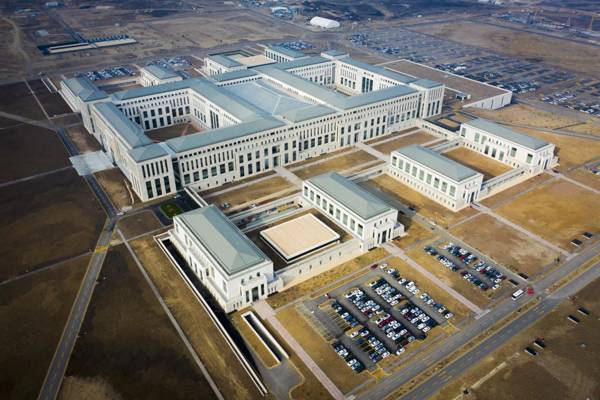The Ankara Bar Association has issued a statement opposing the government's proposed "agents of influence" bill, part of an upcoming judicial reform package. This bill, characterized by pro-government media as a measure against “new forms of espionage,” has raised concerns about its potential impact on press freedom and other fundamental rights.
The relevant provision in the draft law stipulates a prison sentence of 3 to 7 years for individuals who investigate Turkish citizens, institutions, or foreigners residing in Turkey “in accordance with the strategic interests of a foreign state or organization.”
Journalism groups have raised concerns that this provision may affect media outlets, especially those receiving international funds. The bill is expected to be presented to the parliament soon.
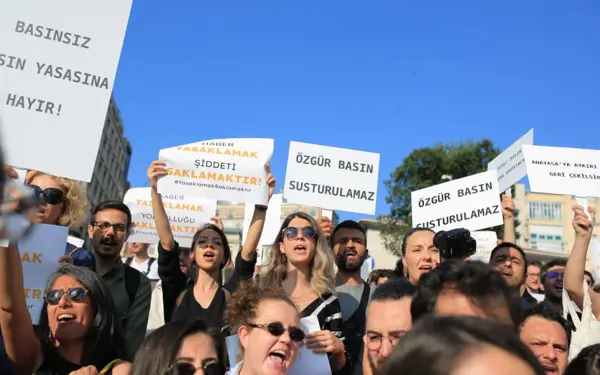
RSF: Turkey’s new 'espionage bill' threatens media supported by international funds
Ambiguity concerns
The bar association argues that the proposed legislation threatens essential constitutional rights such as freedom of the press, the right to information, and freedom of expression. Their statement emphasized the ambiguous nature of the bill, which could criminalize legitimate activities like journalistic research if deemed to align with foreign strategic interests.
"The boundaries of the crime are not clearly defined in the bill," says the statement. "Expecting individuals to know whether their research serves the strategic interests of a foreign state or organization and to act accordingly is unrealistic. This ambiguity poses a direct threat to press freedom, the right to information, and freedom of expression. Individuals and journalists, facing this vague legal provision, will avoid researching and writing about matters the public needs to know, out of fear of prosecution."
The association also highlighted the broader societal implications of such legislation. It warned that the bill's vagueness could chill public discourse and investigative journalism, leading to a significant decline in the free exchange of information. This effect, they noted, aligns with the "chilling effect" concept frequently cited in European Court of Human Rights (ECtHR) rulings concerning threats to press freedom. (HA/VK)





